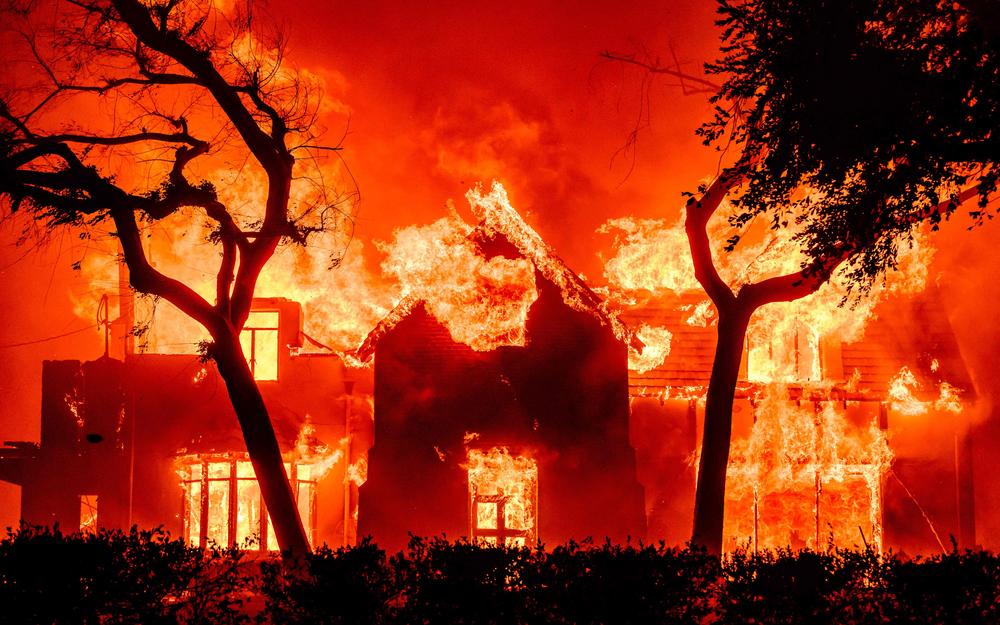“In Paris, governments did not agree on a concrete commitment to climate change, but on commitment”
- BC3 has been the scientific director of the Basque Centre for Climate Change since January, the research centre it has been running for years. Scientists’ work on climate change will be largely characterised by the decisions taken at the COP21 summit in Paris, as highlighted in Sanz’s presentation. And this biologist born in Valencia (1963) does not lack experience in the field of international agreements, as he has participated in most of the COPs of recent years. We've started the interview by asking what we did in December last year.
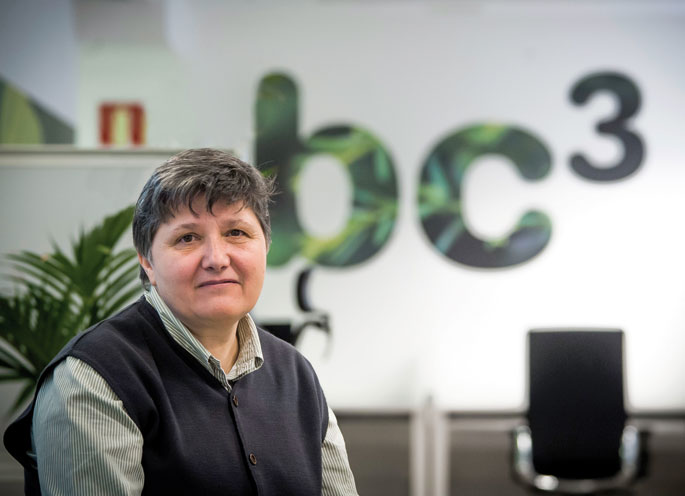
Its mission will be to run the BC3 centre in the post-Parisian era. What are the characteristics of this stage? What will the Paris Convention bring us?
Paris has defined an awareness that both the causes of climate change and its consequences are a matter for all countries and that it is up to us all to do something. Governments have not agreed on concrete commitments, but on concrete commitments. Also to communicate them on a transparent and regular basis and in order to set more ambitious targets in each communication. It is a smoother way of saying “we commit ourselves”, moving away from the very rigid targets set by the Kyoto Protocol, but only for the developed countries. In Paris, it has also been recognised that some countries are already experiencing the effects of climate change. But I believe that the biggest step forward is the mechanism that has been put in place to make known the commitments that you are going to make.
But enforcement mechanisms for the implementation of these commitments have not been established.
We have had such a mechanism: Kyoto Protocol. And we haven't made much progress, because rigour has led us to set modest targets. In addition, the paraphernalia that was organized to meet these objectives was very complicated and, on the other hand, in many cases there has been no political will: some did not sign, others leave... There have been some achievements, but quantitatively the outcome of Kyoto has been modest. Paris wants to start a new process. Between Kyoto and Paris there has been a lot of awareness of the problem, because we have more evidence of the impacts of climate change; at the same time, we know a lot more about the tools we can use to combat it. Now it remains to be seen what real will is. The commitments that each state sent before Paris are not enough, we must continue to push for the ambition to grow.
They pushed him, but they didn't force him ...
It has been said that the Paris Convention is not legally binding and is. It is binding on the obligations contained in it: to report on commitments and to set increasingly demanding targets. The difference with Kyote is that Paris does not make a prior absolute commitment. In any case, the Kyoto Protocol is still there. The second commitment period is due to be ratified at the moment. If a minimum number of states are confirmed, these countries can follow the Kyoto route, in addition to that of Paris.
Are we late? The global agreement that has been reached in Paris was to be reached at the Copenhagen summit in 2009.
The fight against climate change requires a radical change in the structures of the economy, which cannot be achieved overnight, but requires a great process of reflection. I believe that the emergency generated by climate change is accelerating through a process that is needed in a different way. And I say it is necessary, among other things because our resources are limited.
Paris has reinforced the idea that climate change is everyone’s responsibility, as you say. But the developing countries have told the rich: if we have to get involved in this fight, help us not to slow down our development.
This has been one of the major debates of the UNFCCC (United Nations Framework Convention on Climate Change) since its inception in 1992. From the very beginning, one of the pillars of the Convention is the principle of common but differentiated responsibilities [all have responsibility but not to the same degree], the fact is that since then the border between the two parties has blurred; the emerging economies, for example, are now between the two blocs. These economies have tried to ensure that the original distribution of responsibilities is respected, while the more developed countries wanted to blur it. And Paris has maintained that separation, but not so absolute. The responsibility now, unlike Kyoto, lies with each state.
A global campaign calls for 80% of the famous fossil fuel reserves to be buried in order to avoid a climate disaster. What do you think?
If possible, I do not think that is a bad idea. We would have to see if we have other ways of generating sufficient energy. And in the coming years, elements can appear that can lead to the appearance of balances on one side or the other. Suppose, for example, that nuclear fusion is operational; it would be easier to bury fossil fuels.
Do you think we can achieve total decarbonisation of the economy? In other words, do not emit greenhouse gases.
I think so. Above all, because we are talking about finite fuels.
One of the lines of research in BC3 concerns the possible impacts of climate change on human health. What impacts do they have?
One of the issues that most worries society and health systems in recent times is heat waves. Another problem is that the vectors of certain diseases, mainly certain animal species, extend to ever-wider fields. Health has to take these new challenges into account and adapt them. Another impact on food production. In Africa, for example, they have very little time to sow seeds, if they want to get a good harvest. Climate change is causing changes in these sections, which in themselves are neither for good nor for bad, but which many farmers do not know. They continue to sow as usual, and they have less abundant crops. Today, there are many projects that help these farmers adapt.
I don't know if you've read Naomi Klein's latest book (This changes everything, This changes everything). One of the main messages it gives is that we have been organizing summits about the same time in the face of climate change and globalising international trade. Decisions taken at climate summits and those taken by the World Trade Organisation (WTO) are often contradictory, but WTO decisions always prevail. Do you agree?
If every debate goes its own way, these things happen, and it goes without saying what effect MMA has. It has been seen that in the UNFCCC, when some trade issues have been discussed, some countries have blocked negotiations.
It is a holiday to put obstacles in the way of climate change efforts.
Despite the difficulties, progress has been made. And I think these obstacles are going to be getting smaller and smaller because there's going to be more awareness. What is more, it will become increasingly clear that climate change can also harm international trade. As I said before, faced with a challenge at the level of climate change, a serious economic model change is needed, and that takes time. Often, after many small breakthroughs, a big leap comes, you don't know when. When the risk of climate change is evident enough to beat some people's pusilleness, we will see great progress. On the other hand, I believe that many of the big companies are increasingly sensitive to the problem, some have committed themselves to taking action.
And who has to follow up on these commitments? The UNFCCC?
The UNFCCC cannot, it is not its role. In any case, the governments themselves. Through internal regulations, they can promote greater transparency, for example through labelling; to explain the origin of each consumer item, the climate impact that its production has had… But the UNFCCC cannot regulate the private sector. On the other hand, private companies also participate in climate summits, the interaction is increasing. They are accused that the positive steps they take have no other purpose than to justify their image, but well, if they do, we will welcome them.
Agintari gutxik aitortzen dute publikoki, disimulurik eta konplexurik gabe, multinazional kutsatzaileen alde daudela. Nahiago izaten dute enpresa horien aurpegi berdea babestu, “planetaren alde” lan egiten ari direla harro azpimarratu, eta kutsadura eta marroiz... [+]
Biologian doktorea, CESIC Zientzia Ikerketen Kontseilu Nagusiko ikerlaria eta Madrilgo Rey Juan Carlos unibertsitateko irakaslea, Fernando Valladares (Mar del Plata, 1965) klima aldaketa eta ingurumen gaietan Espainiako Estatuko ahots kritiko ezagunenetako bat da. Urteak... [+]
Nola azaldu 10-12 urteko ikasleei bioaniztasunaren galerak eta klima aldaketaren ondorioek duten larritasuna, “ez dago ezer egiterik” ideia alboratu eta planetaren alde elkarrekin zer egin dezakegun gogoetatzeko? Fernando Valladares biologoak hainbat gako eman dizkie... [+]
Eskoziako Lur Garaietara otsoak itzularazteak basoak bere onera ekartzen lagunduko lukeela adierazi dute Leeds unibertsitateko ikertzaileek.. Horrek, era berean, klima-larrialdiari aurre egiteko balioko lukeela baieztatu dute, basoek atmosferako karbono-dioxidoa xurgatuko... [+]
There was no one or all. That we all suffer at least if the necessary changes are not made so that no one suffers the climate emergency. You – reader – I – Jenofá-, they – poor – and they – rich. The fires in Los Angeles did not give me satisfaction, but a sense of... [+]











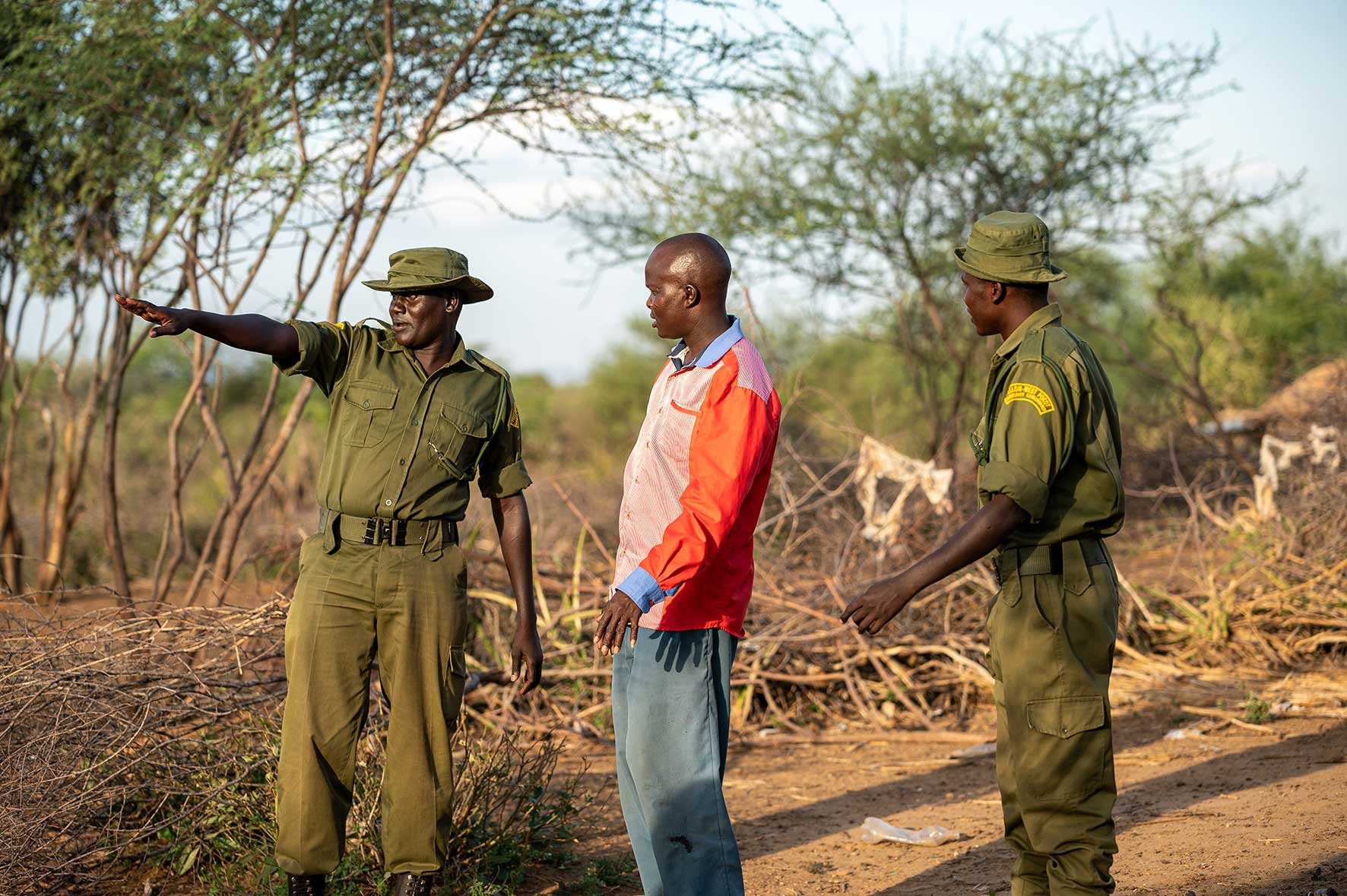
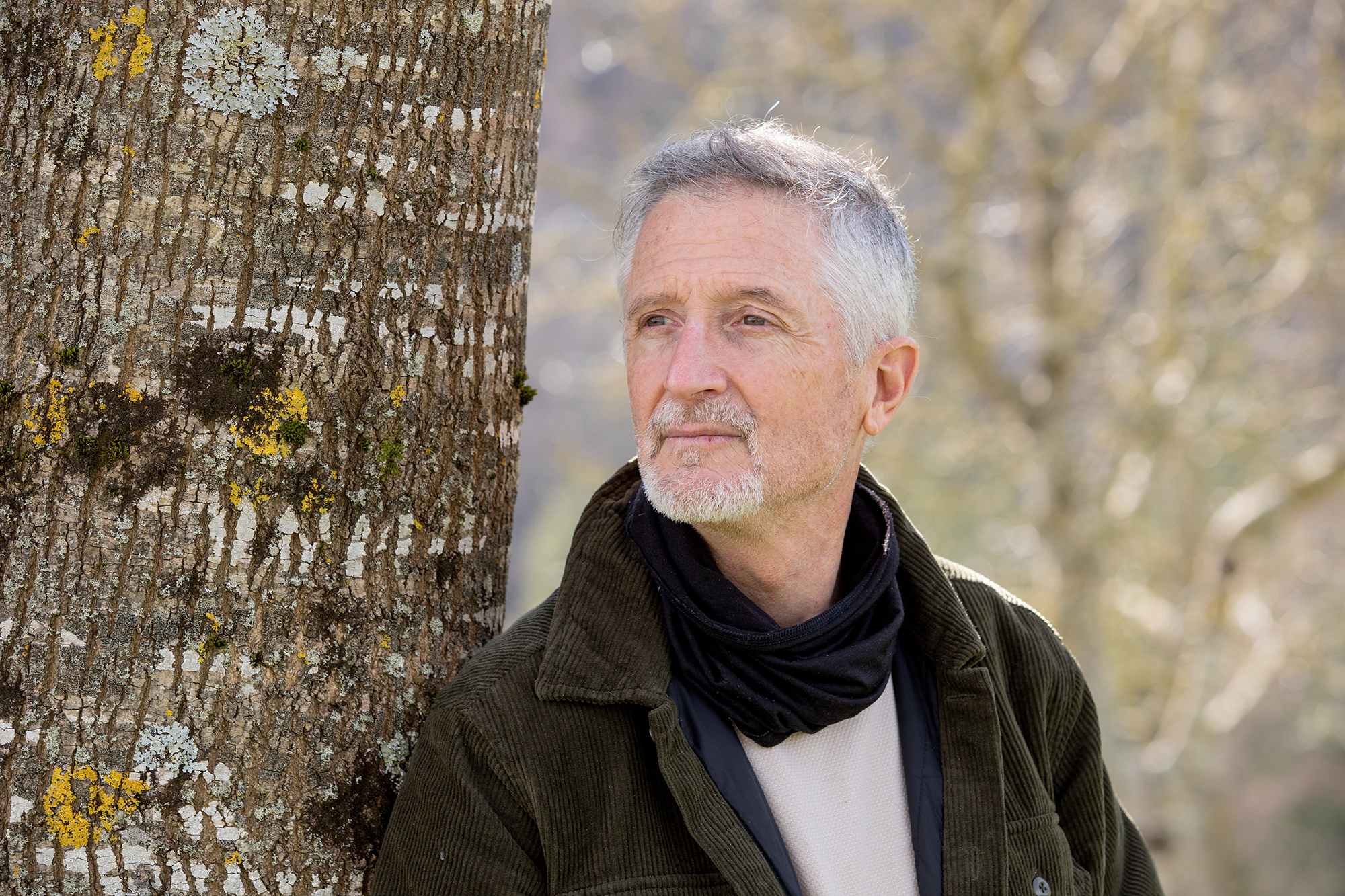


_Glaciar.png)

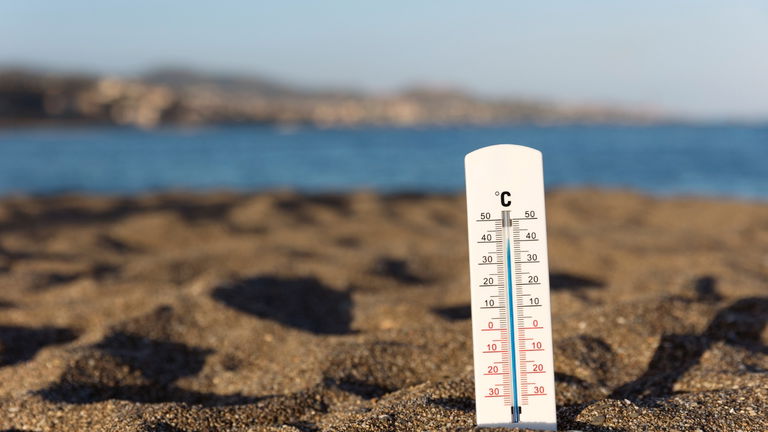
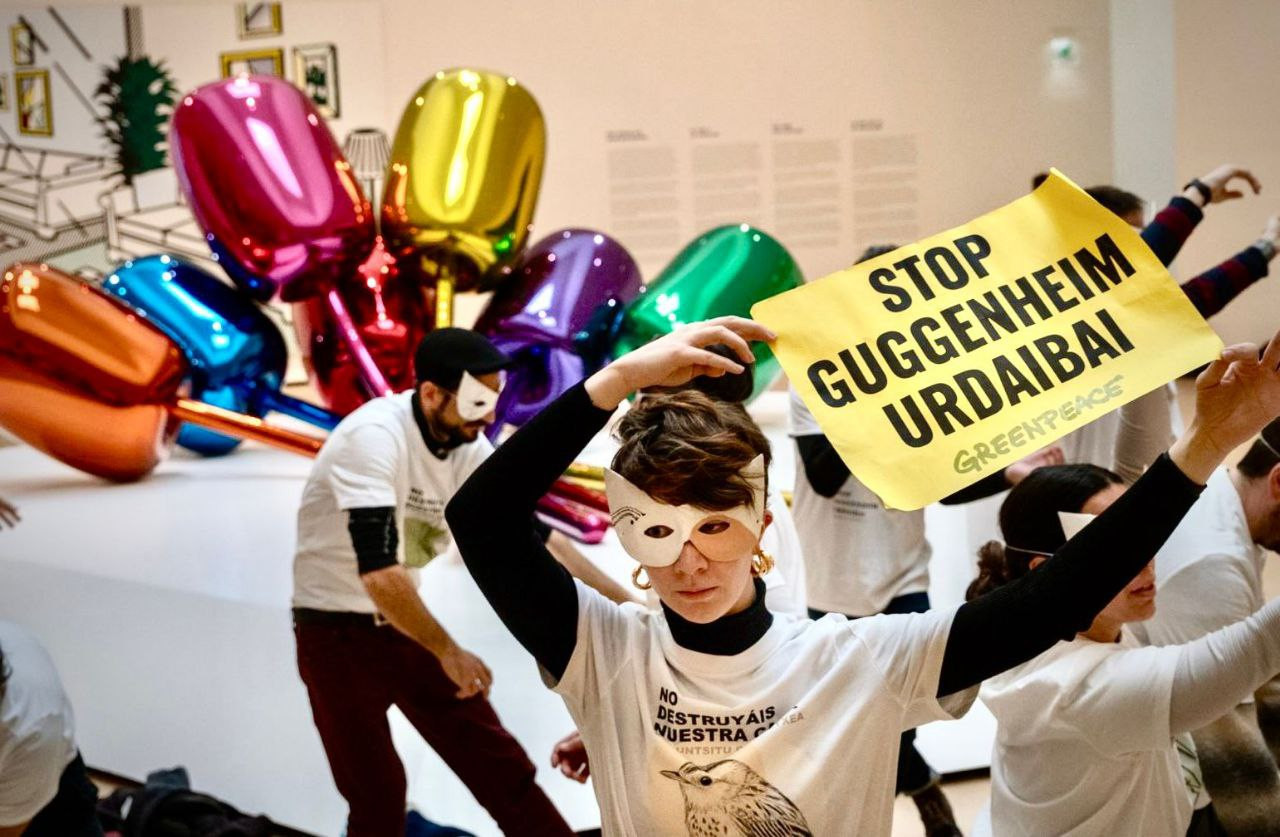

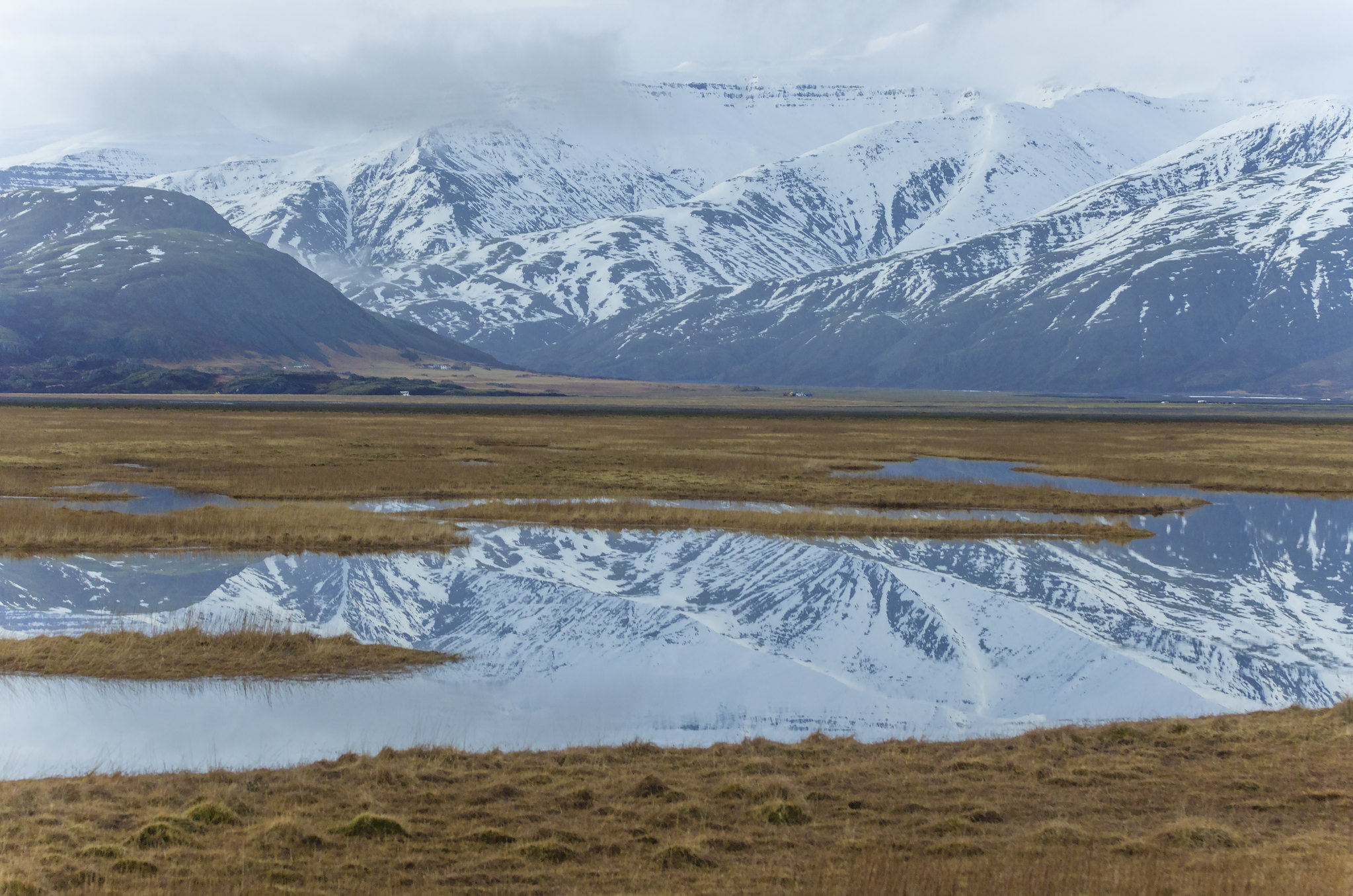
-(1).jpg)
